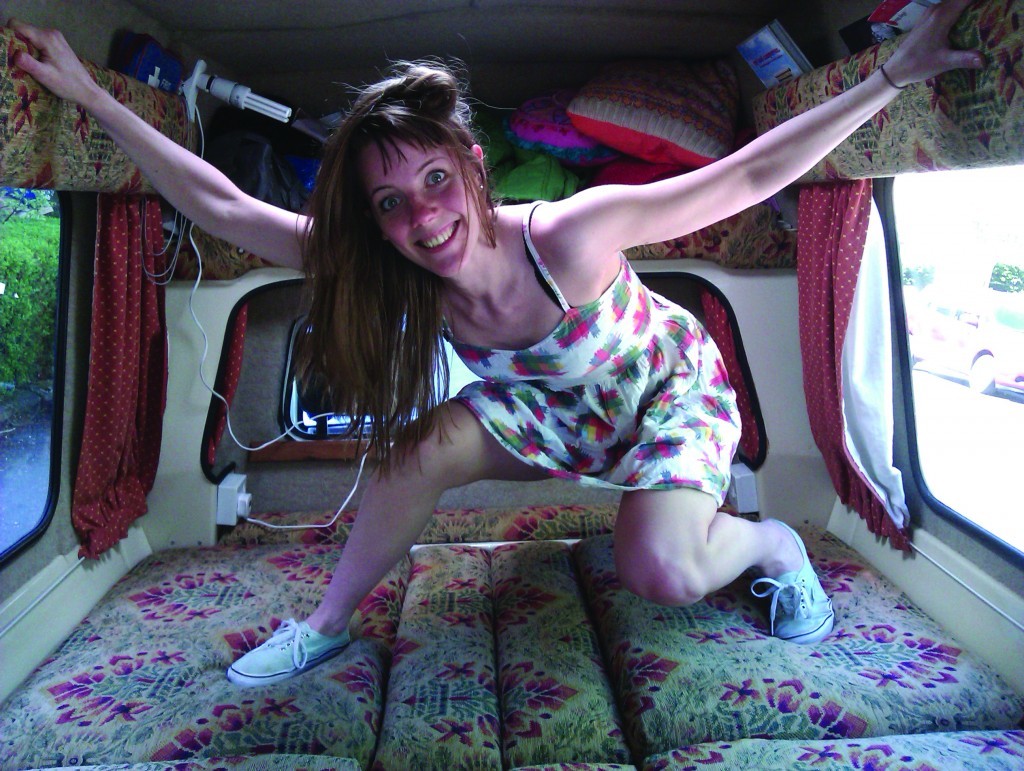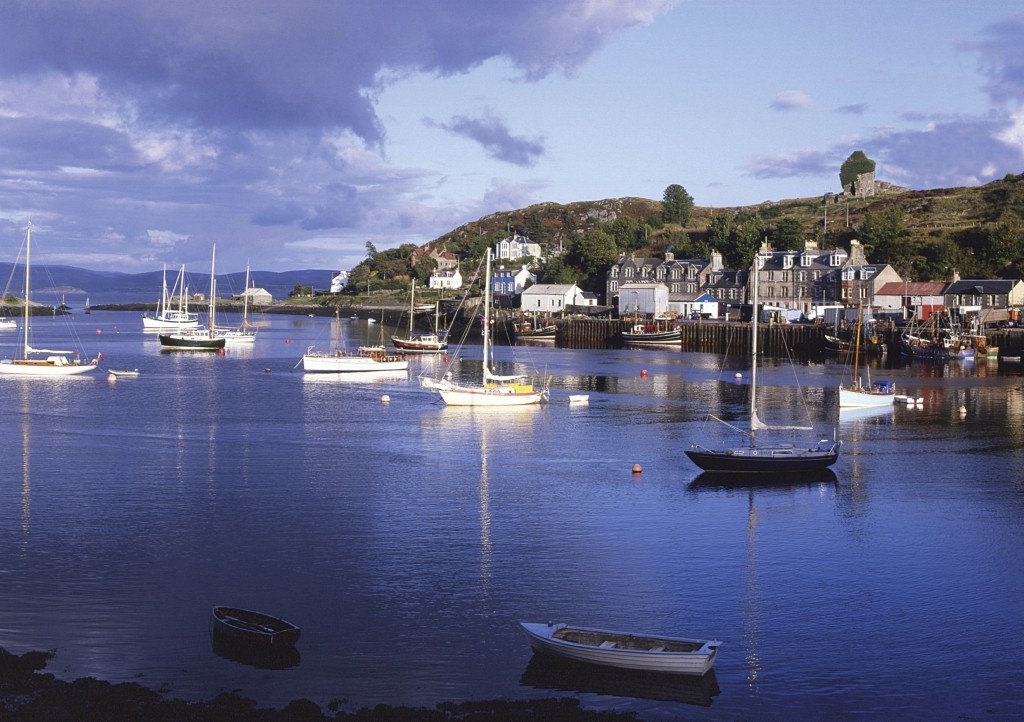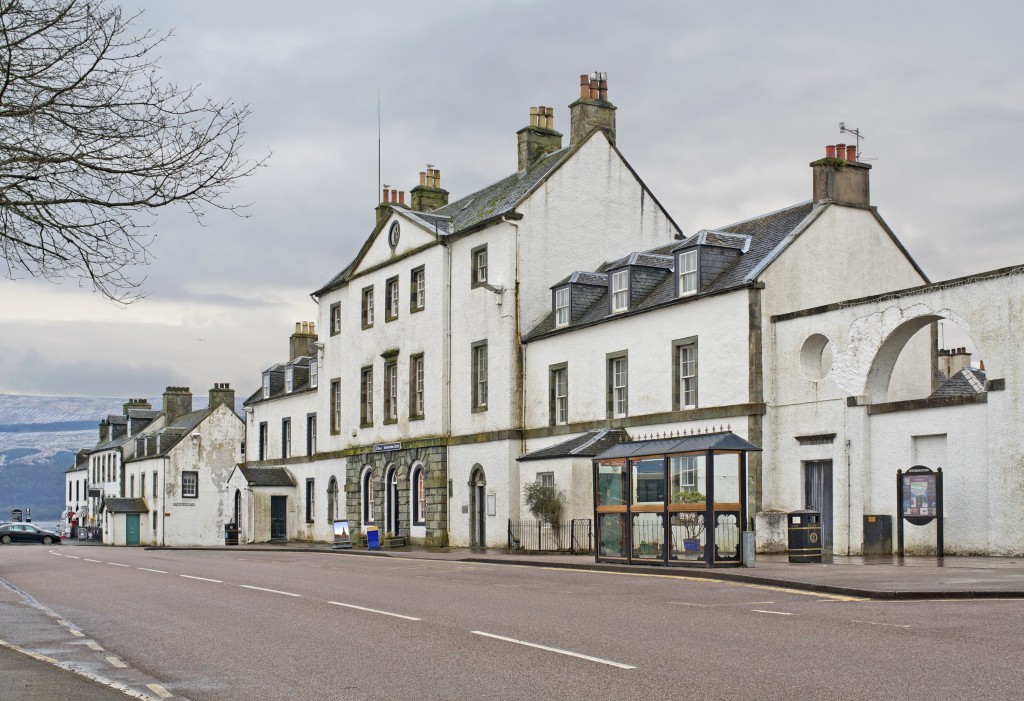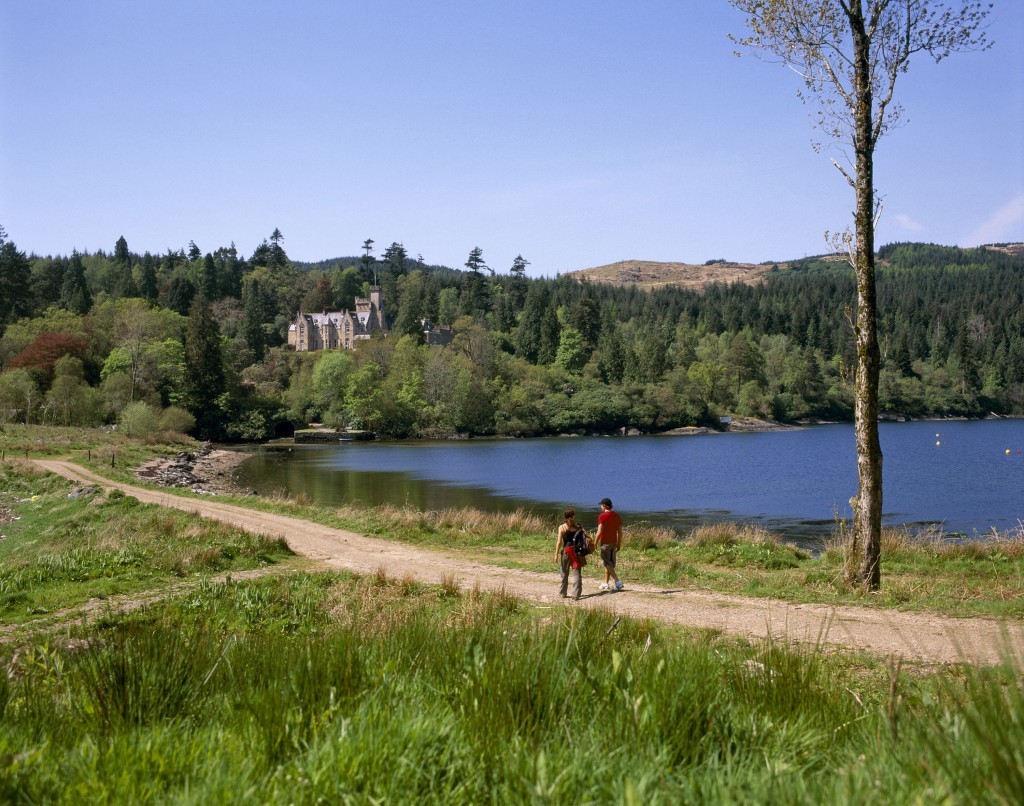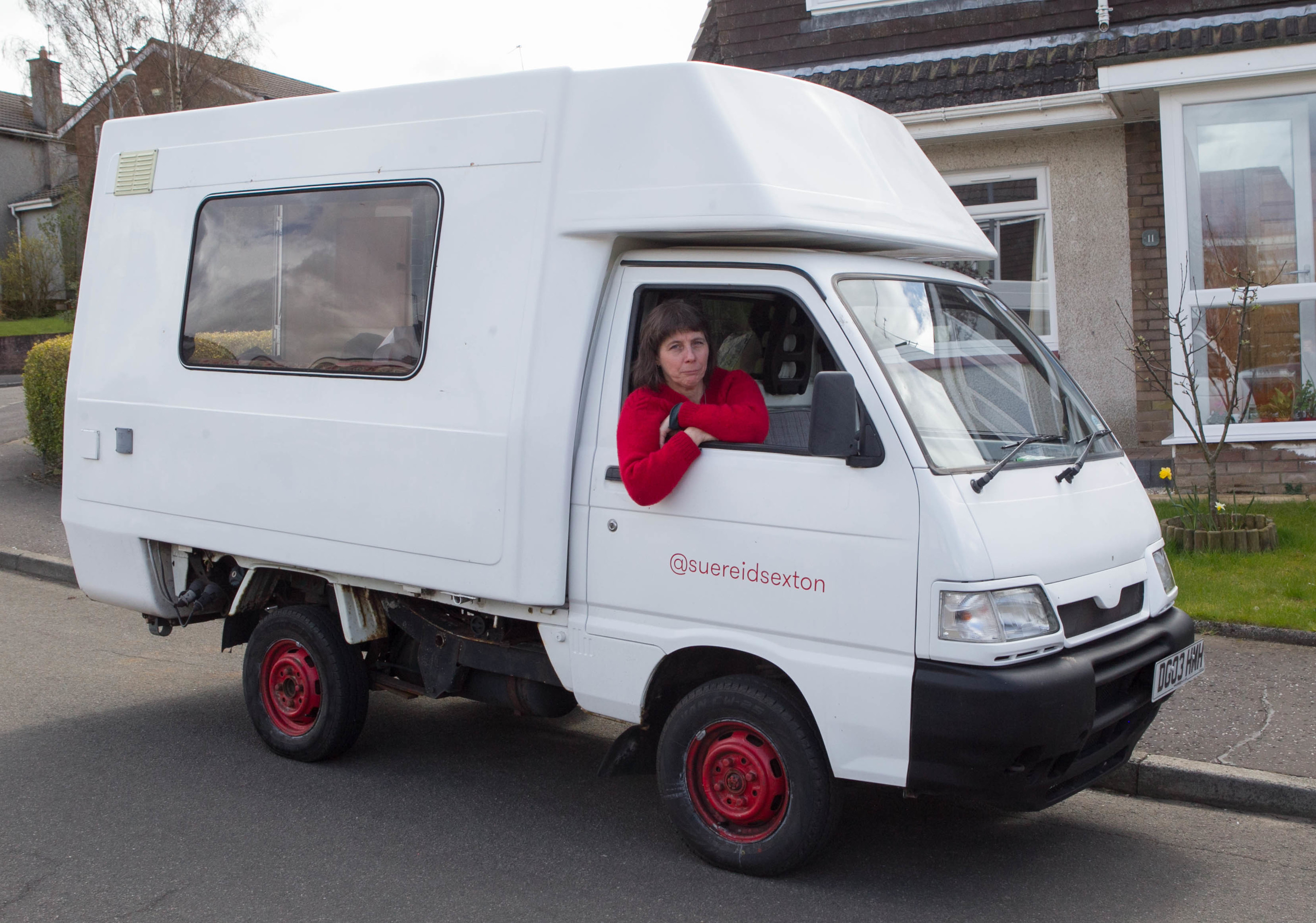
So she bought a campervan and problem solved – it changed her life.
Last week I met Sue in her white Romahome with its dinky stove, minuscule sink and tiny loo tucked under the sofa.
She calls it “Vanessa Hot Plate” and has clocked up hundreds of miles around Scotland in it, searching for the peace she desperately needed.
Sue’s life was crowded. With two daughters, Kirsty and Jessica, four stepchildren, a demanding job as a social worker and counsellor for young homeless people, Sue yearned to have time to write.
But where could that be fitted into her busy schedule?
The campervan provided the answer.
“Vanessa has given me the certainty and security that every so often I can escape from my everyday life for a little while to write,” Sue told me.
And now she has two novels in print. Her latest, Writing On The Road, is a quirky look at travel/enjoying the beauty of the Scottish countryside/dealing with creepy-crawlies and noises in the night – and learning to cope as a woman on your own.
Because life has thrown some tough stuff in Sue’s direction. Her two marriages both ended in divorce.
“The world is set up for couples and it’s hard to be on your own and responsible for earning a living and bringing up your children,” she said.
But Sue is a coper. When her first marriage ended she moved just round the corner from her husband so they could eat together as a family every evening.
It paid off. Kirsty, 26, is now a paediatric nurse and 24-year-old Jessica writes subtitles for the deaf with the BBC and STV.
They have a close relationship with both parents.
Sue has always known that she wanted to write. She kept ideas for stories in little notebooks.
“I was very shy as a young girl, had no confidence and a stammer,” Sue revealed.
“But being accepted for a Masters degree in Creative Writing at Glasgow University gave me hope that I had something to say which others might want to read.”
When she married her second husband, he bought her a laptop and she wrote Mavis’s Shoe, the story of a young girl living through the Clydebank blitz. That was followed by a second novel, Rue End Street.
But finding a quiet place to write was a problem with a house full of teenagers.
And that’s where her love of campervans began.
“I believe every woman needs an escape route,” she told me.
“I’ve had four campervans over the years and to me they represent the freedom of the road, a place to think and dream and work out problems. A space just to be me.”
It hasn’t always been easy being a lone female on the road. Especially when she locked herself out of her van one night, miles from home. She’s also had to deal with some negative attitudes to campervans and to being a woman travelling solo.
That’s not to mention the difficulties of driving for 100 miles with all the windows in Vanessa wide open till she found a suitable place to dump the contents of the cracked Porta Potti toilet.
She’s had to learn the DIY of repairing her campervan by the side of the road. And discovered the hidden charms of lay-bys.
“These little pockets in time and space are there for you to inhabit without commitment,” she smiled.
“I pull into one and start to write. I can stay as long as I want or leave on a whim. I can write a few pages of a novel or a little poem.
“So with the help of lay-bys and notebooks I can travel around the countryside picking up stories, reflecting on my strange family life, watching the wonders of buzzards and eagles and the mountains capped with snow.”
Sue is passionate about the wild beauty of Scotland. She loves driving round Kintyre watching the sun rise or set over the sea, marvelling at the beautiful oyster catchers. Or exploring Assynt, enjoying the rugged beauty of the mountain Stac Pollaidh.
Sue’s book is a mixture of a travel journal and a guide to enjoying life on the road, but it’s also about her inner journey.
Learning to cope with failed relationships with painful honesty and an absence of bitterness.
“Campervanning is like life – you have to enjoy what you have and maximise what you can do with whatever is available,” she added.
This includes cooking meals in a cramped van with a few tired vegetables and some couscous – and avoiding using a frying pan because of the smell lingering after you’ve gone to bed.
“Don’t have smoked fish for the same reason,” she laughed.
Ever practical, she explains how to cope with breakdowns and has handy hints for travellers – such as Inveraray Co-op sells good chocolate for the next part of your journey.
Or never be without oatcakes – they are easy to eat on the road and give you energy.
Then there’s the importance of finding a good garage mechanic. When everyone else fails, Bill of the Stag Garage in Lochgilphead is her man.
Talking to Sue I’m struck by her blend of practical intelligence.
“Don’t even think of campervanning if your DIY skills are poor,” she stressed.
Writing On The Road is a book with a difference.
It’s a charming blend of travel journal, a guide to enjoying the moment, learning how to survive as a woman on your own and how to carve out the space and time to write.
Sue’s book is a very honest and moving story of what it means to be a modern wife and mum faced with the disappointment of two failed marriages. But her innate courage and humour shine through.
When she realised the second marriage was over she wrote about the decision she had made.
“This time I decided to fight on two fronts. First, I was going to stay happy and in control of my life and not go to pieces,” she wrote.
“Second, I was going to go on writing no matter what. I absolutely refused to give that up ever again. At last I valued what I was doing. These two things were of course, closely intertwined.”
Above all, Writing On The Road is Sue’s story of saving herself – and finding herself.
“In campervans as in life and in writing, the trick is to keep moving, experience all to the full, stay focused, don’t flinch at the unpleasant stuff and don’t get embroiled in it either,” she said.
“So don’t just wait for the new dawn, get in the campervan and drive towards the sunrise.”
As our interview ended after copious cups of tea and biscuits, Sue climbed back into Vanessa to drive home to Glasgow. The sun was shining and she looked out at the Campsie Hills dusted lightly with snow.
“I’ll just make a detour up there,” she grinned. “I’m sure I’ll find a lay-by to enjoy the view.”
Writing On The Road by Sue Reid Sexton, published by Waverley Books, priced £8.99.
READ MORE
Our trip around bonny Scotland in a cosy camper was VANtastic

Enjoy the convenience of having The Sunday Post delivered as a digital ePaper straight to your smartphone, tablet or computer.
Subscribe for only £5.49 a month and enjoy all the benefits of the printed paper as a digital replica.
Subscribe